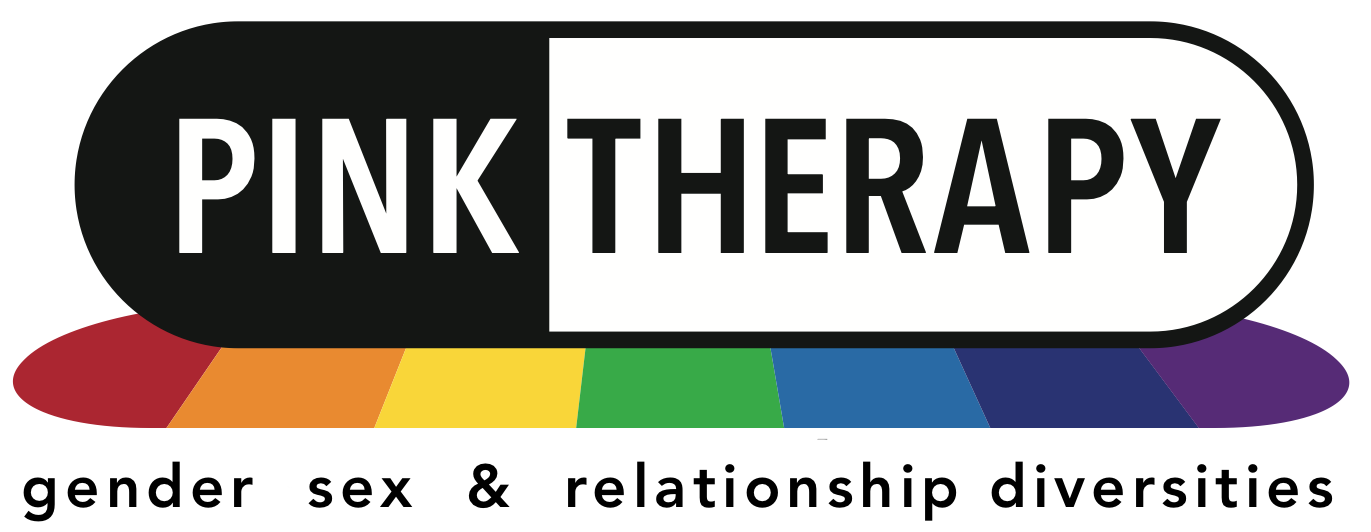
As therapist who identifies as non-monogamous/polyamorous, and I guess you could call me a bit of an ethical slut (thanks Dossie), I am very interested in how we manage our professional boundaries and ensure we hold the therapeutic frame, when there can be eroticised feelings bouncing off our consulting room walls and at the same time conducting out personal lives respectfully and appropriately.
It is our duty as therapists to maintain professional and ethical boundaries. To act as Boundary Riders, tending the fences which make the therapeutic frame. But being a therapist does not mean we ought to sacrifice our sexuality and become celibate. I think maintaining a healthy sexuality and relational life is an essential part of being able to be to serve my community and my clients. Knowing that those personal needs are being attended to outside of the therapy room.
Grindr and its ilk has changed the way we date and meet romantic and sexual partners. Grindr has only been around for seven years and yet pretty much every gay man I know has had a profile on it, (often deleted and reinstalled). Love it or hate it, geolocation social networking apps have altered the landscape for how we engage with each other. Of course, it is not just gay men who use these apps, and there are many gay men who don’t use them at all. But fact is, they are there, and they impact the way we meet and conduct ourselves and there is very little guidance yet on how best to manage their impact.
The instant log-in and nearest proximity, and ability to search for people by various sexual preferences across a range of different apps (many with special interests) and chat to other guys is a huge improvement on standing in a draughty bar drinking on a wintery Saturday night before catching the bus/tube home.
However, there are many challenges which concern me and which aren’t being discussed (there are no journal articles I’ve been able to find on the subject). It’s also my experience that my peers aren’t discussing this issue either. There is a shroud of secrecy surrounding how we conduct ourselves on apps. We may acknowledge using them, but the details of how… ‘no comment.’
So far, our professional bodies have given very little guidance on how we should be using these apps and so I think in the meantime, we need to be thinking about this ourselves.
The situation is even more acute for the gay/bi male staff working in sexual health clinics in Central London where they scores of gay men every day and then after work, go online where they may run across people who have been patients earlier that day.
So I’m undertaking a Survey Monkey to gather more information and conducting a brief piece of research which I will present at our Pink Therapy conference next year and hope to get something into the therapy literature to help other therapists.
Dominic Davies
22 August 2016
